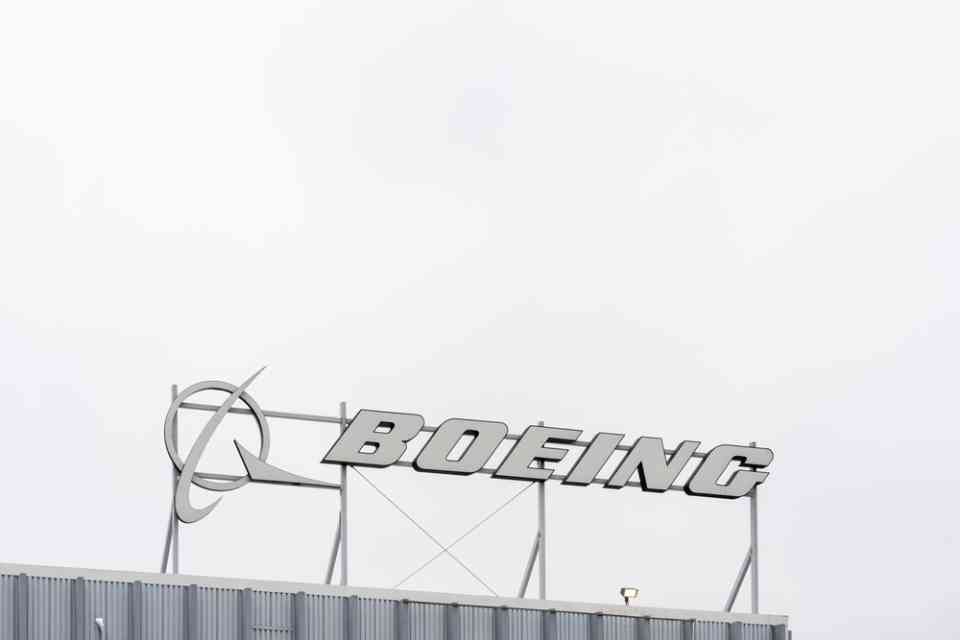After a seven-week work stoppage, tens of thousands of striking Boeing machinists voted on Monday to accept a new contract offer, officially ending the strike. The machinists voted with 59% in favor of the agreement, signaling a return to work as soon as Nov. 6, with all employees required to resume by Nov. 12.
In a message to Boeing employees, CEO Kelly Ortberg acknowledged the difficulties of recent months, emphasizing that the company’s future success relies on teamwork and collaboration. He urged the workforce to look ahead, reaffirming Boeing’s commitment to rebuilding its reputation for excellence.
The approved contract includes enhanced pay raises and an improved ratification bonus, providing each union member with a $12,000 bonus if the deal is fully ratified, as outlined by the International Association of Machinists and Aerospace Workers (IAM), representing Boeing’s 33,000 workers across Washington, Oregon, and California.
Following the vote, President Joe Biden issued a statement, commending the agreement as a demonstration of the power of collective bargaining. He emphasized that strong contracts are crucial to supporting workers, businesses, and consumers, while contributing to an economy that benefits all levels of society.
Financial strain had taken its toll on both parties throughout the standoff. Union members received $250 weekly from a strike fund, starting in the third week of the strike—a substantial cut from their regular wages. Meanwhile, Boeing faced estimated losses of $5.5 billion since the strike’s onset in September, according to the Anderson Economic Group, and saw its shares drop 40% over the year, though they have slightly rebounded in recent weeks.
This latest contract, which union leaders described as the most favorable offer workers were likely to receive, followed the resounding rejection of two previous proposals. In a public letter to members, IAM President Jon Holden and the union’s negotiating committee urged members to embrace the agreement, highlighting the gains achieved and encouraging pride in their collective efforts.
The terms of the contract promise a cumulative 38% wage increase over four years—an improvement from a 35% raise offered in a prior proposal that was overwhelmingly rejected. While workers had initially sought a 40% increase, the union acknowledged the progress made in this contract.
The agreement also increases Boeing’s contribution to workers’ 401(k) plans, although it does not reinstate the defined pension plan, which was removed under a contract ratified in 2014. Nearly two-thirds of union members had voted against the most recent offer, following a prior proposal in September that was rejected by over 90%.
In a memo to employees, Ortberg expressed hope that the end of the strike would allow Boeing to refocus on its mission of delivering high-quality aircraft. Holden and the negotiating committee, reflecting on the outcome, stated that the membership held the final say in ending the strike and rebuilding together.
Have you read?
The Top 100 Highest-paid CEOs in America.
Countries With Lowest Rate of Economic Growth in 5 Years.
Countries Most in Debt to China.
Most Attractive Cities for Global Talent.
Largest economies in the world by Share of Global GDP.
Add CEOWORLD magazine to your Google News feed.
Follow CEOWORLD magazine headlines on: Google News, LinkedIn, Twitter, and Facebook.
Copyright 2024 The CEOWORLD magazine. All rights reserved. This material (and any extract from it) must not be copied, redistributed or placed on any website, without CEOWORLD magazine’ prior written consent. For media queries, please contact: info@ceoworld.biz
CEOWORLD magazine – Latest – Special Reports –


